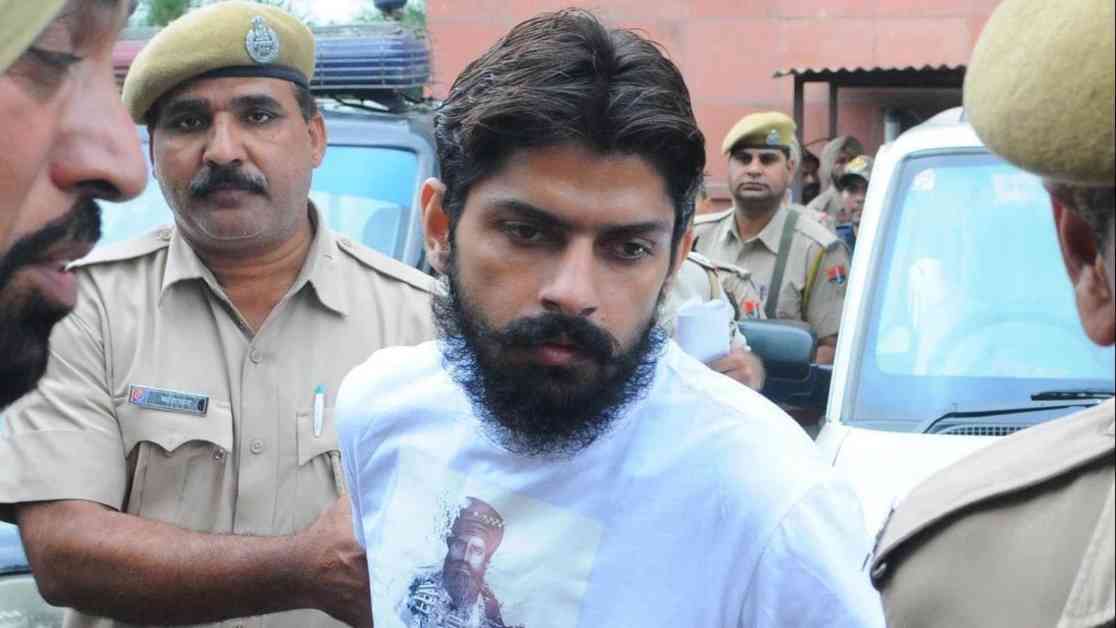According to recent reports, the Mumbai police have been facing obstacles in arresting gangster Lawrence Bishnoi. Despite his gang’s involvement in the killing of NCP leader Baba Siddique, the police have been unable to take him into custody for further investigation. This is due to the Ministry of Home Affairs denying permission for his transfer from a jail in Gujarat, where he is currently held on drug smuggling charges. The Ministry has issued an order under Section 268 of the Code of Criminal Procedure, preventing any state or agency from seeking his custody for a year, citing concerns about maintaining law and order. This order has been extended until August 2025, further complicating the situation for the Mumbai police.
Even though Lawrence Bishnoi is behind bars, he still manages to operate his criminal activities. Reports suggest that he has access to mobile phones with internet connectivity and uses VPN services to communicate with his gang members in different states. Messaging apps like Signal and Telegram are used to give instructions, and he even had a video call conversation with a Pakistan-based gangster earlier this year, which went viral on social media. His network extends beyond borders, with connections to organised crime groups in North America and ties to Khalistani terrorists and separatist groups in Canada.
The challenges faced by the Mumbai police in apprehending Lawrence Bishnoi highlight the complexities of dealing with high-profile criminals who continue to operate from behind bars. Despite efforts to bring him to justice, legal restrictions and technological advancements enable him to maintain his criminal activities and connections. The case underscores the need for enhanced cooperation between law enforcement agencies and stricter measures to prevent criminals from operating with impunity, even while serving time in prison.




















